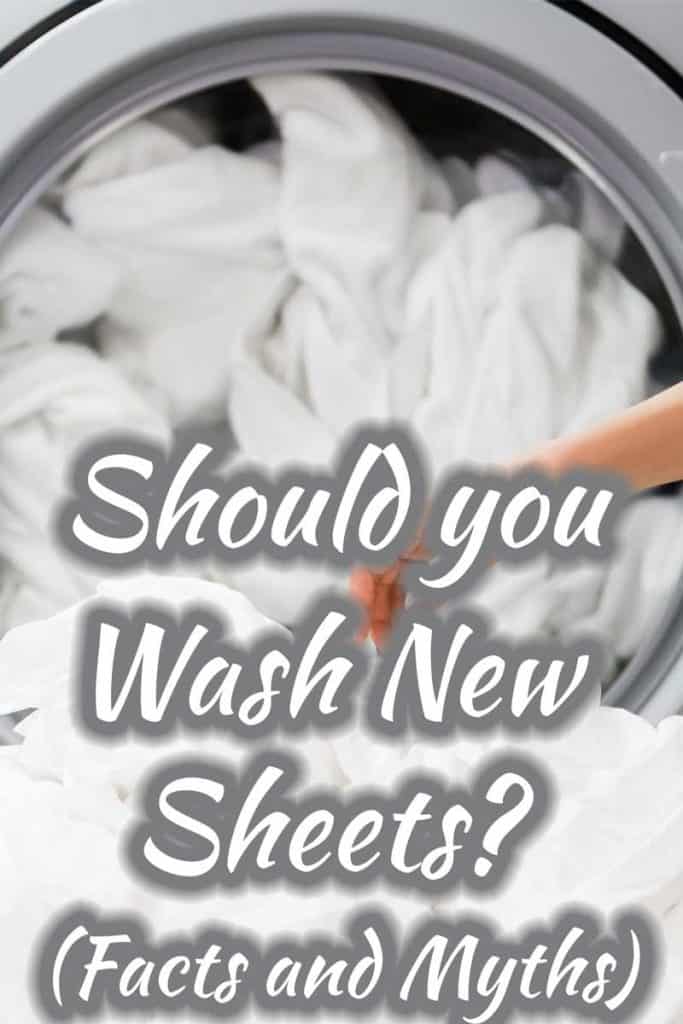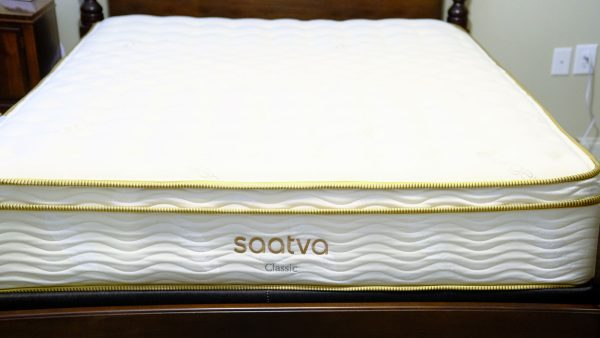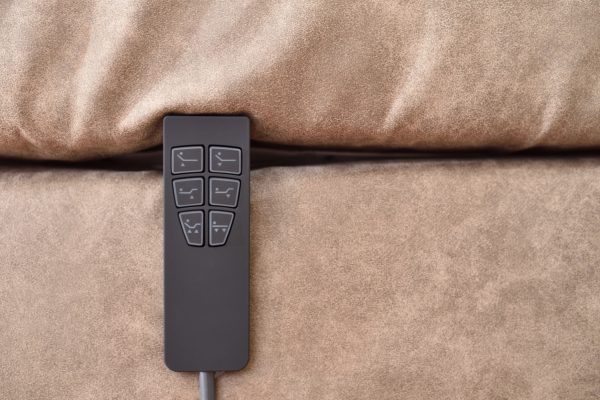New sheets are one of life’s many little pleasures. There is nothing quite like climbing into a bed made with fresh, crisp, new sheets. Along with the pleasure of owning new bedding comes a question most of us bargain with ourselves over- should I wash it first?
Yes, you should always wash new sheets before using, to eliminate dyes and chemical residues.
This article will answer all the questions you have about what to wash, why, and how. Keep reading for all the details.

Should You Wash New Sheets?
You may think that because the sheets have never been used, they are clean. That is simply not the case. Manufacturers use a variety of chemicals to keep linens fresh in their packages before being purchased. While these chemicals are safe when used properly, they should still be washed away before sleeping in your new sheets. Moreover, most sheets of a darker color will have some residual dye to be washed away. If you neglect to do so, you may wake up with stains on your pillows, or even your clothes.
How Do You Wash New Bedsheets?
It is always a good idea to start at the source and check the cleaning instructions located on the tags of your sheets. The factors most important to wash techniques are the color and material of the sheets. Most 100% cotton or cotton and polyester blended sheets wash easily in warm water and with like colors. Flannel sheets are more sensitive to high temperatures as the delicate fabric blend tends to pill and shrink when exposed to heat. Those are best washed cold or warm and dried at low temperatures or ideally air-dried. Any darker colored sheets of any material should be washed in cold water.
It is important to note that while caring for the quality of your sheets, their cleanliness is essential to health. Using hot water to clean sheets when they are soiled or when someone has been sick is important, but can damage more delicate sheets.
We may include affiliate links and curated AI content to highlight top design styles.
Click here to see this on Amazon.
We recommend using this laundry additive to avoid having to raise the water temperature on more sensitive fabrics to kill germs and bacteria. Be sure to follow the instructions of any cleaning agent carefully so as to not ruin your sheets.
Sheets should then be washed at least once a week. Once every two weeks is okay, but this should not be the case if someone becomes sick or during times when one sweats more, like hot summer nights. Neglecting to wash sheets can have consequences on overall health by lengthening a cold or sickness and overall breeding unhealthy bacteria over time.
How Many Times Should I Wash New Sheets?
When done properly, you should only have to wash them once before use. In some circumstances, some fabrics such as flannel sheets, often come with a warning that they do pill after several washes. So you might reconsider washing them twice. Dark-colored sheets can also run dye for several washes. Using cold water during at least one of the washes will help extend the life of your sheets.
There are other methods that can help avoid needing to double wash. Adding a cup of white cleaning vinegar to the wash cycle reduces the amount of pilling on flannel sheets. Rinsing dark sheets in a cold rinse cycle before washing will remove most of the dye before the first use.
Using a fabric softener in liquid or sheet form can help remove any chemical odors caused by the manufacturer's preservation methods. If you are sensitive to scents and the sheets still smell, you should consider washing them again or returning the sheets if they were washed properly and still bother you.
Should You Wash New Pillows?
Similarly, pillows are an important item to pay attention to when it comes to cleanliness. For the same reasons listed above, new pillows should be washed. Unclean pillows are often a culprit of sleepless nights for allergy sufferers. Follow the care instructions. Most can be machine washed and dried, but down pillows should be paid extra attention to.
A good step in preventing pillows from becoming dirty is to use pillow protectors on ones that you will be sleeping with for a variety of reasons. They prevent allergens from becoming embedded within the pillow as well as prevent the filling from becoming soaked with hair and body oils, sweat and saliva.
Click here to see this on Amazon
These are highly rated and 100% waterproof.
Should You Wash a Duvet or Blanket Before Using It?
The aforementioned products seem natural to wash. After all, they do come in close contact with our bodies. But what about blankets or duvets? Even though they don’t often touch our skin directly, they are just as important to wash first.
Preservative chemicals will rub off onto the surrounding sheets and be released in the air. Any allergens or dust collected by the blanket or duvet during transportation and packaging will also become airborne. The smell of plastic and chemicals is often present in these items and is unpleasant as well as unsanitary.
After the first wash, blankets, comforters, and duvets only need washing every couple of months or if soiled. It is a good idea to shake them off every time you change your sheets, just to remove excess dust or hairs. You can also use a lint roller to perform this task without undoing the bed.
Should I Wash a New Quilt Before Using It?
Quilts follow the same rules of cleanliness as stated before. Even if you only use a quilt decoratively, washing it before putting it out in your room still matters for sanitary reasons. Aside from dust and allergens, it cannot be ignored that vermin are a natural part of most factories and shipping facilities. It is possible to have animal dander, hair, or excrement wind up on your linens.
Quilts can be difficult to wash so they do not need to be washed often. Some quilts are intricately designed and may require you to take them to a dry cleaner. Quilts can also be too large for conventional machines, necessitating a trip to the laundromat for the commercial-sized washer. Quilts always do better when air dried, and many like to do so using a line outside or laying flat on a clean table in a sunny place.
For this and other bedding pieces that benefit from air drying, you may consider purchasing an outdoor rack.
Click here to see this on Amazon.
Air drying, aside from maintaining the durability of your fabrics and helping them retain as much color and shape as possible, also has the added benefit of sun drying. The UV radiation from sunlight actually disinfects laundry and can whiten whites more effectively than bleach. Fresh airflow also eliminates chemical odors easily.
Sleep With Peace of Mind
When it comes to where we sleep, keeping things clean is vital. Once the basics are learned, this becomes an easy and enjoyable task. The most important takeaway here should be that no matter what kind of bedding you purchase, you should always wash it before the first use.
Proper wash practice will keep you clean and keep your sheets looking and feeling new for a long time. Preventative care is also important to keep in mind. Pillows, blankets, duvets, and quilts may not need as much washing as sheets but will absolutely benefit from being looked after and will keep you cleaner and healthier over the years.
Just in case you want to buy bedsheets online? Click here!





